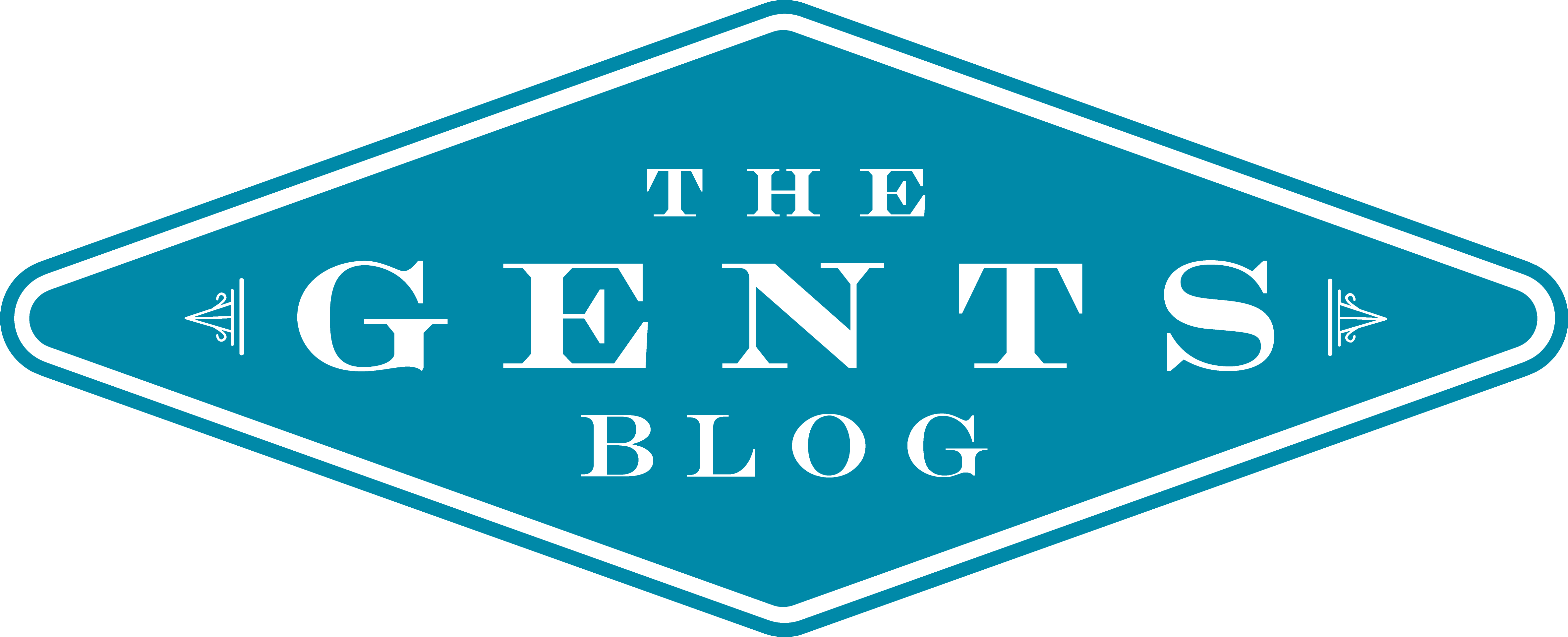In a previous article we tangentially discussed the benefits of meditation in highlighting the app Headspace, which is one of several excellent apps that help guide you through short 5-15 minute meditations at a time of your choosing. But you don’t need an app to meditate, and as anyone watching the routines of the big players in the show Billions, meditation’s not just for hippies anymore. The biggest obstacle, as with most things that are good for us, is creating a space in our routine for it.
Why meditate?
Our brain’s default mode can sometimes be called our “monkey mind.” It’s constantly giving us commentary – about the past, present, and future – mostly centered on ourselves and what others think of us. However, giving free rein to this monkey mind is not a healthy way to live. Just as in the age of unlimited information, we have to choose what to ignore so as not to be overwhelmed, so too it’s important not just to go wherever our brain takes us, but where we tell it to go. Meditation can help you exercise this ability to command your monkey mind instead of being led around.
Secondly, meditation is a sort of “tidying-up” for your brain. We get mental clutter just as we do everywhere else in our lives and when we meditate we pick up that clutter and tidy our mind, allowing us to focus on what’s important and ignore what isn’t.
Perhaps most importantly, a practice of meditation can get you focused on the present. In an age in which smartphone notifications along with everything else lobby for every free moment and never allow us to be unoccupied, meditation increases your mindfulness, which laser-focuses you on what you’re doing in the here-and-now, instead of lamenting the past or worrying about the future.
How can you do it?
There are so many different ways to meditate, but we can look at two so you have some ideas on how to begin.
- Breathing-focused meditation: in this type of meditation you focus on your breathing and quiet your mind. As your monkey mind frantically realizes you’re putting it in check, it will try to take you everywhere but right there. But that exercise of going back to your breathing over and over as your mind jerks you elsewhere is already a great step in the right direction.
- Input-focused meditation: in this type of meditation, you allow the mind to process any and all incoming information, whether it be from your environment or from your monkey mind. However, instead of allowing your monkey mind to dictate your feelings on those inputs, you exercise offering no judgement at all on what the mind offers you. That honking horn in the distance, what your boss said to you last week, what you want to eat later today: all these ideas simply get presented to you as you exercise not letting them push and pull you around. You become an observer instead of a partipant.
Tim Ferriss recently noted in Tools of Titans that 80% of the world-class performers he interviews use meditation as part of their daily routines, and that it’s a meta-skill that improves everything else. This fact is not something that should be easily brushed aside just because meditation is unusual or foreign to us.
Apps to help you
We’ve already mentioned Headspace, which is available for both iOS and Android, as is one of its competitors – Aura. Two iOS-exclusive apps are Timeless and Oak, the latter of which was co-founded by tech guru and insider Kevin Rose.
Whether you use an app or try another method that works best for you, the benefits of meditation for your personal and mental health are documented. All that remains is for you to give it a try.
Do you already meditate? Let us know how long you have been doing so and what methods you use. All commenters will get a coupon for 25% off any hand or foot repair service at one of our clubs.




Great stuff Ben, another really interesting article!